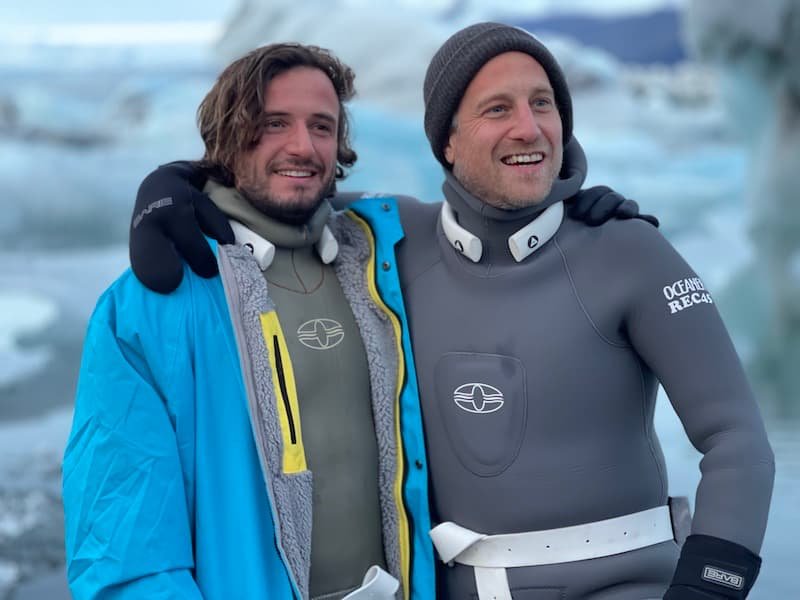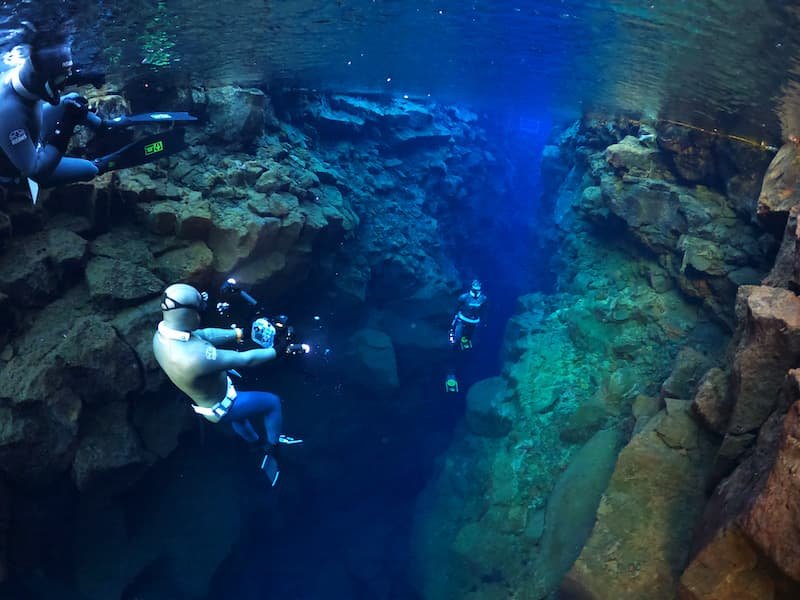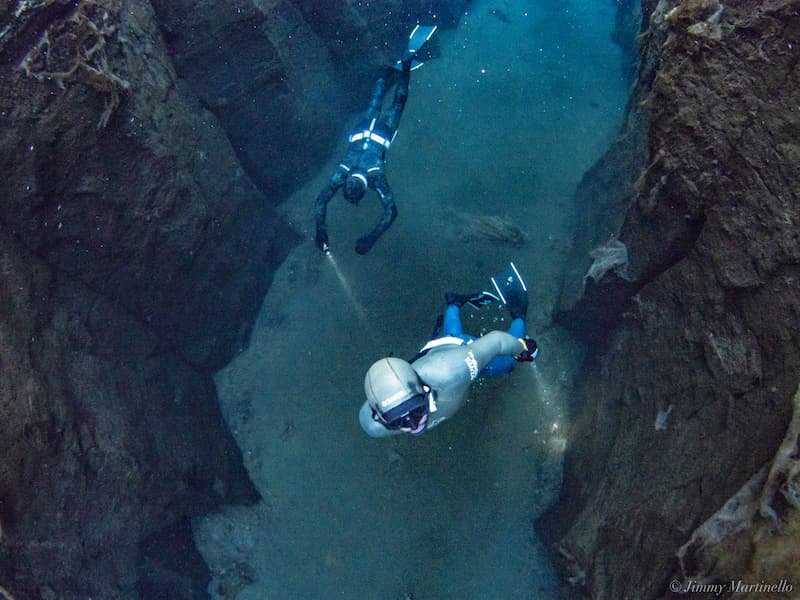
 Nick Pelios
Freediver, Creator
Nick Pelios
Freediver, Creator

 Nick Pelios
Freediver, Creator
Nick Pelios
Freediver, Creator
It's no secret that the world of freediving education and equipment is advancing rapidly, which can make embarking on your own training journey daunting and overwhelming. Fortunately, a wealth of information is readily available at your fingertips, including online resources, videos, and blogs. These sources serve as invaluable tools for those seeking an introduction to freediving. However, it's important to note that online content often offers only a surface-level understanding or general advice. That's why I always emphasize the necessity of technical training to ensure both safety and effective progress. This is where the significance of finding the right companions in freediving truly comes into play.
When searching for a training partner, it's important to consider their level of experience in freediving. While specific requirements may vary depending on the location, most divers are expected to hold at least an AIDA 3 certification (or its equivalent from another organization) in order to engage in independent training at a school or dive site. The most effective buddies are those who possess a deep understanding of the discipline they are training in. Throughout a training cycle, they make the most of their time in the water during each session. With their extensive experience, they not only serve as a positive influence on your own training but also approach challenges with a clear mindset when things don't go according to plan.
Experienced buddies should also prioritize your safety and willingly share their own experiences, both positive and negative, with others. Before partnering with a training companion, it can be beneficial to explore their online presence. While this shouldn't be the sole determining factor of a good buddy, it is helpful to connect with individuals who are passionate about diving and enjoy sharing their knowledge with others.

An ideal dive partner actively engages even before the training begins. As mentioned earlier, training sessions require a significant time commitment, and nobody wants to waste valuable time addressing technical issues once training is underway. A superb training partner not only shares their own routine and apnea training plan but also considers your specific training needs, structuring the session in a way that maximizes effectiveness for both of you. Thoughtful buddies prioritize each other's interests by ensuring that both have the necessary resources for a successful session. Every diver embarks on training with unique objectives in mind, and individuals with freediving expertise possess varying levels of knowledge on the subject. It's also crucial to be aware of who will be training alongside you in the water, as they play a vital role in case of emergencies. Additionally, staying informed about the ever-changing environmental conditions is important, as they can vary from day to day.

In the realm of freediving, we often find ourselves revisiting familiar locations and dive sites as our training progresses. Along the way, we often come across like-minded friends and companions who share our preferences. Interestingly, geographic proximity plays a significant role in finding a compatible buddy. Being physically close to each other is the primary catalyst for establishing connections, as it encourages individuals to make an effort to train together. When you form a friendship within the freediving community, it's worthwhile to discuss each other's diving plans to determine the likelihood of future reunions. This allows you to explore different dive sites while having a familiar buddy who already knows you well. Reconnecting with friends not only adds joy to the experience but also facilitates cost-sharing and broadens your exposure to diverse dive locations.

The objective of finding a training partner is to establish a dependable and competent buddy whom you can trust and collaborate with to address challenges that you might otherwise face alone. When selecting a training partner, it is essential to verify their track record of being a reliable companion for others and determine whether they are the type of person who will support your success. You can initiate a conversation with the potential training buddy, inquire about their experiences in freediving, and use your own judgment to assess whether they are a suitable partner for you.